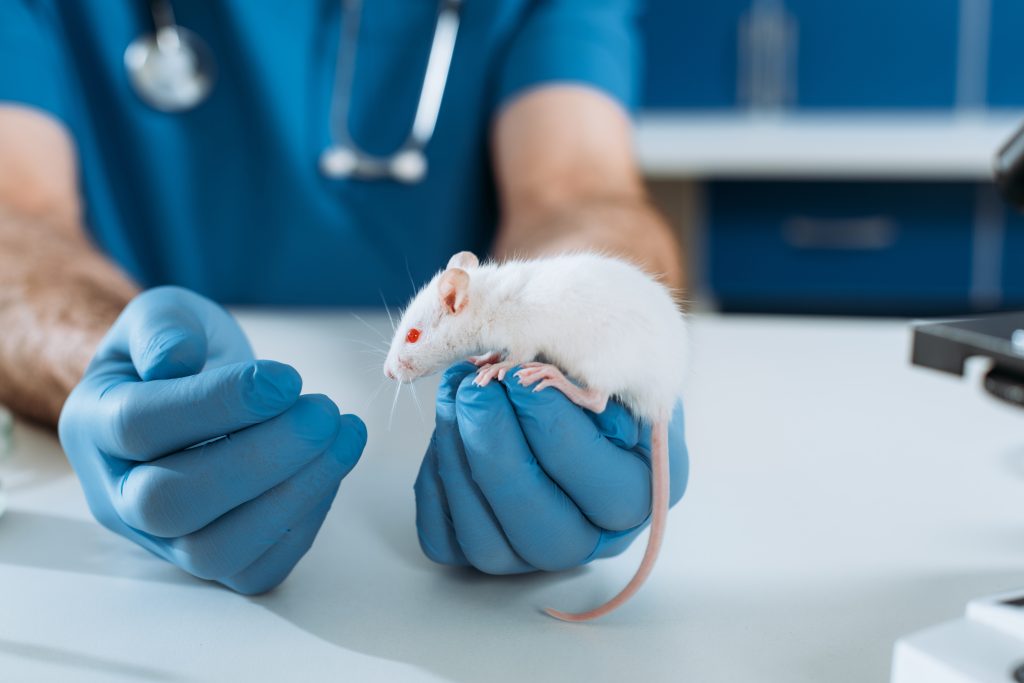While intermittent fasting has a slew of anecdotal success tales, there is little evidence to support its health advantages. So here we are in the present day, where A year after many scientific studies were published on intermittent fasting’s health benefits, it remains a diet trend with a number of intriguing success stories but no confirmed health benefits. Even so, 2021 was not a complete failure: The effects of intermittent fasting on the body have made tremendous progress in the minds of scientists.
Intermittent fasting, which has been endorsed by celebrities including Jack Dorsey, Kourtney Kardashian, Jimmy Kimmel, Chris Pratt, and Moby, entails restricting one’s eating to specific periods of time, such as only eating during eight hours of the day, only eating once a day, or only eating once a week.
Intermittent fasting is becoming a popular research topic because of the attention it receives from celebrities. Several studies were published in 2021, but they don’t provide much conclusive scientific evidence to support the hype. Research has shown no effect in several cases since the studies were limited. However, some important studies imply that intermittent fasting may have applications in new fields or be used to cure particular ailments.
“I like it because that way, during the day, I can be really indulgent. Then skipping dinner, there is sort of, like, a martyrdom quality to it” Moby tells Us magazine.
What The Body Goes Through During An Intermittent Fast
Slowing the metabolism and giving cells a break from digesting glucose from meals and snacks are two possible benefits of intermittent fasting. Toxins and other unneeded chemicals can be broken down or DNA damage can be repaired while cells are resting.
Researchers have shown that restricting a mouse’s eating to a specific window of time protects the mouse against metabolic illnesses like diabetes and improves the health of the mouse as a whole. However, human research to verify these findings and other potential benefits of intermittent fasting tends to be small and inconclusive. According to some studies, the main advantage of intermittent fasting is the reduction in calories consumed, not the timing.
We’ve rounded up some of the most intriguing studies on intermittent fasting from the year 2021, along with several studies that cast doubt on the practice’s validity.
Polycystic Ovarian Syndrome And Intermittent Fasting

Intermittent fasting for women with polycystic ovarian syndrome was studied for the first time this year by researchers at Shengjing Hospital of China Medical University. Translational Medicine, a peer-reviewed journal, published the article in April.
An estimated one in ten adult women has polycystic ovary syndrome. The ovaries become larger and develop tiny cysts on their outer margins because of an imbalance in male-related hormones. As a result, most women with this condition have irregular or extremely extended menstrual periods.
“Our findings suggest that [intermittent fasting] has the potential to be a potent cognitive enhancer.”
We can’t make any definite conclusions from this study because it only included 15 ladies. However, the menstrual cycle regularity of 73.3% of women improved after six weeks of restricting their eating to eight hours daily.
While fasting, the women demonstrated an increase in sex hormone-binding globulin, which might help manage the troublesome hormones, according to researchers.
Over the course of the research, the ladies dropped an average of 1.7% of their body weight. Biological markers of inflammation and liver damage were also reduced.
In Laboratory Mice, Intermittent Fasting Increases Memory

A new study from the year 2021 discovered that mice that were given 10 percent less food than those in the fasting group did better on a memory test than mice who were allowed free access to food.
Morris Water Maze was utilized as a memory test by the researchers, who published their findings in May’s issue of the journal Molecular Psychiatry. After a few runs through the maze, the mice have figured out how to go through it faster. It’s a standard memory test for mice in the lab. The mice in the fasting group performed the best out of the three.
Fasting mice had higher levels of activity in the hippocampus, a part of the brain responsible for memory and learning.
Intermittent fasting has the potential to be a significant cognitive enhancer, according to the study’s findings. This bears promise for human usage.
Metabolic Effects Of Intermittent Fasting

Fasting participants were then tested for biomarkers related to various health outcomes by some researchers.
Fasting 16 hours each day for three months resulted in an average weight loss of 8.8 pounds for women diagnosed with obesity, according to a study published earlier this year. However, they also saw decreases in biomarkers linked to metabolic disorders like diabetes in their bloodstream.
Similar results have been found in another study published in the Journal of Clinical Endocrinology and Metabolism. Researchers detected biomarkers indicating improved cardiovascular health in a fasting group, as well as signs of better metabolic regulation.
Women who fasted were examined in another study for markers of lipid metabolism, which would indicate that the body was breaking down lipids. Still, no increase in these markers was seen.
Athletic Performance And Intermittent Fasting

Intermittent fasting has been studied for its potential to enhance sports performance. However, a few studies from 2021 have shown promising results, while others have shown that the effects were small among persons already physically active.
HIIT — or high-intensity interval training — may help fitness enthusiasts get better results with intermittent fasting, according to research published in the International Journal of Environmental Research and Public Health in May. This is a training plan that alternates intervals of high-intensity aerobic activity with rest periods.
A total of 14 ladies participated in the research, with half of them fasting and the other half not. A Mediterranean diet and regular HIIT workouts were required of all participants, according to the study authors. Each day, the women fasted for 14 hours.
A third-week weight loss and an improvement in one type of athletic measurement, the countermovement leap, were the primary reasons for the fasting group’s superior performance. Leg strength is measured by the height of the jump.
According to the study:
“The main finding of the study was that a HIIT + [intermittent fasting] training program lead to a significant decrease in fat mass and an increase in jumping performance. However, when the HIIT training program was not combined with [intermittent fasting], it did not induce a decrease in fat mass or improvements in jump height.”
However, keep in mind that the study had a limited sample size and was short.
Intermittent fasting was found to be associated with higher exercise performance on a stationary cycle in another study, this time comprising 18 healthy young males.
Some research from the year 2021 cast doubt on the popularity of the intermittent fasting method of weight loss.
The following are four instances where fasting had no effect:
- Simply eating less was proven to be more helpful for weight loss than fasting every other day in a study of “lean, healthy individuals,” the researchers concluded. Over the course of three weeks, those who lowered their caloric intake by 25% lost more weight than those who ate every other day.
- Using a combination of a diet and intermittent fasting, researchers managed to lose weight in a group of obese low-income women. However, findings on waist circumference and body fat were found to be “not clinically meaningful,” according to the researchers.
- People who fasted for 16 hours a day for eight weeks lost four pounds more weight than those who didn’t fast at all. However, their running speed did not improve.
- The University of Illinois at Chicago conducted a six-month trial to see if alternate-day fasting and a low-carb diet increased people’s subjective feelings of “fullness.” If this is true, it supports the hypothesis that reducing insulin levels by fasting makes a person feel less hungry and so less likely to snack. However, despite a decrease in insulin levels, the individuals reported no substantial change in their daily hunger sensations.


